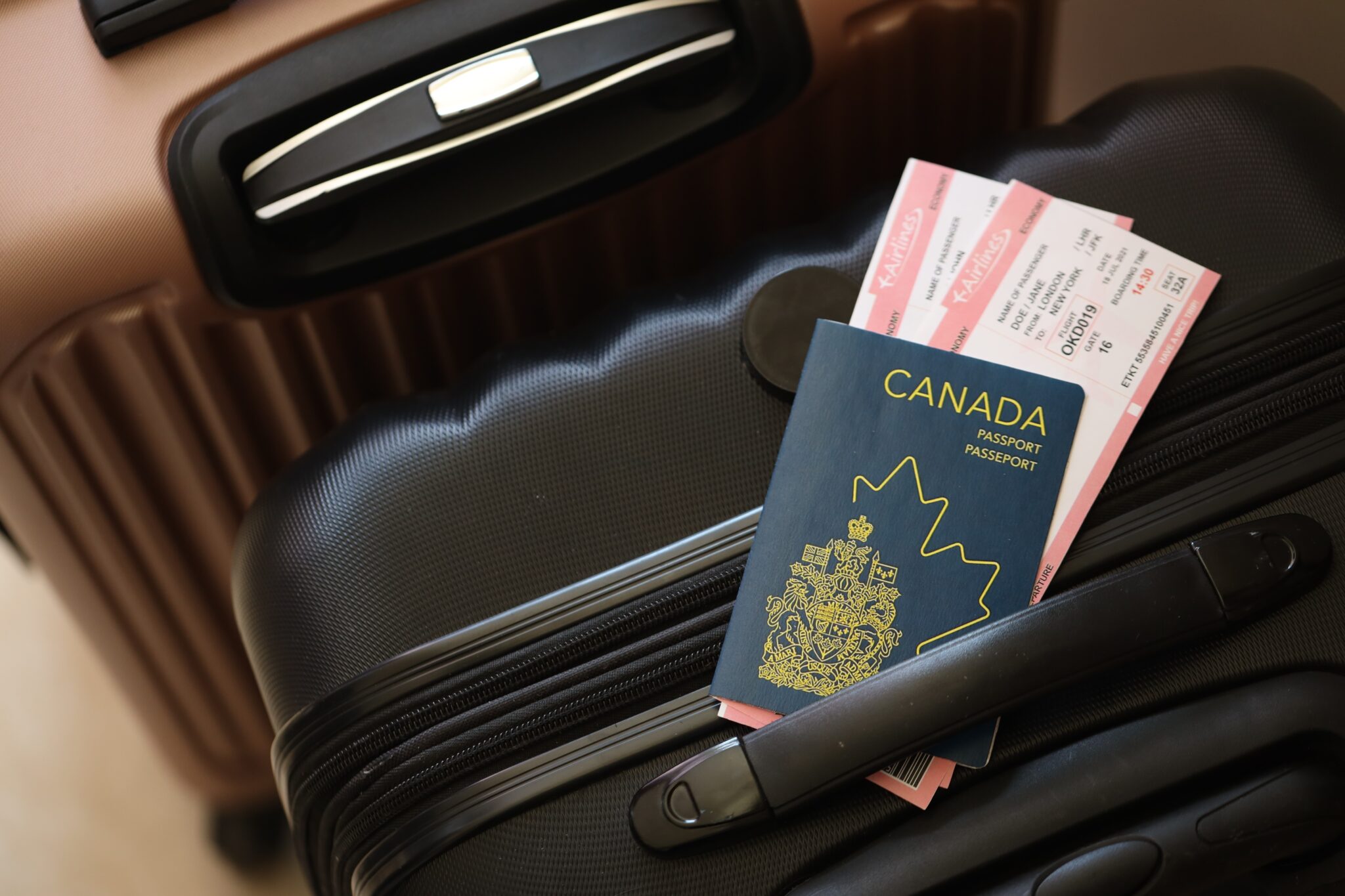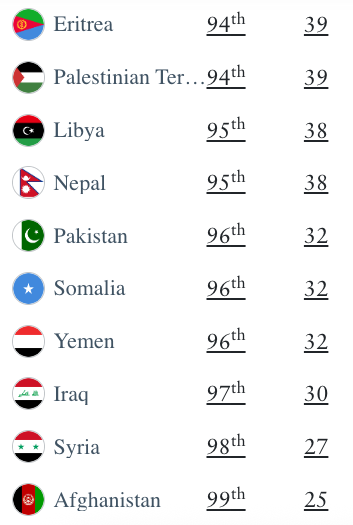Canadian passport holders can rest assured that their passport continues to rank among the most powerful in the world.
The Canadian passport is still among the top 10 most powerful passports in the world, according to this year’s Henley Passport Index, which is based on exclusive data from the International Air Transport Association (IATA). The index takes several factors into account, but the main determination of a passport’s rank is based on the number of countries that a passport holder can travel to without a visa. It includes 199 different passports and 227 different travel destinations.
Canada slipped one spot, dropping from #7 in 2024 to #8 this year. The Canadian passport currently gives citizens visa-free access to 184 countries. It also shares the #8 spot with Estonia and the UAE.

Mehaniq/Shutterstock
In comparison, the U.S. passport ranks #10, offering visa-free travel to 182 countries. The U.S. dropped two spots compared to last year, when it was at #8.
Although Canadians can travel to 184 countries without a visa, they still require a visa or an e-visa to travel to countries such as Algeria, Brazil, China, Cuba, India, Pakistan, Venezuela, and Vietnam.
In 2024, Singapore held the world’s most powerful passport, offering visa-free access to 195 countries. This year, the country managed to retain its number one spot with visa-free travel to 193 countries.
Japan and South Korea both rank second, with visa-free travel to 190 countries, while Denmark, Finland, France, Germany, Ireland, Italy, and Spain all rank third, with access to 189 countries.
The Canadian passport may not be among the five most powerful passports in the world, but Canadians still have it good. Travelling internationally is no doubt a hassle for the 10 lowest-ranking countries on the list.

Henley Global
Dr. Christian H. Kaelin, the inventor of the passport index concept, said that the ranking reflects a competitive landscape in global mobility.
“The consolidation we’re seeing at the top underscores that access is earned — and must be maintained — through active and strategic diplomacy,” said Kaelin. “Nations that proactively negotiate visa waivers and nurture reciprocal agreements continue to rise, while the opposite applies to those that are less engaged in such efforts.”
